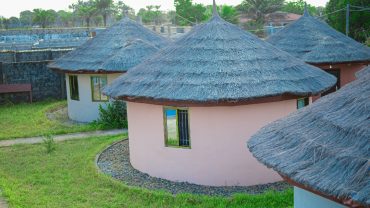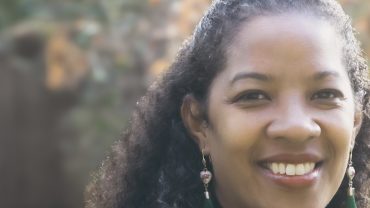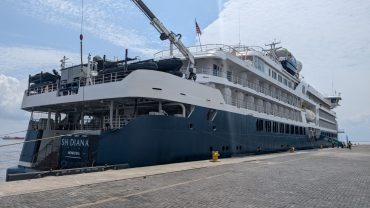It might have been a box-office hit, but Leo di Caprio’s Blood Diamonds cut a deep scar on Sierra Leone’s international reputation. The savage civil war ended 10 years ago and the country is still associated with unethical diamond mining and child soldiers.
As a result, tourists have stayed away – last year the country had just 4,000 international visitors compared to about 100,000 in nearby Gambia.
But things are changing. The country is politically stable, and for anyone in search of that rare experience of going to an undiscovered land which counts some of the world’s most spectacular beaches, national park safaris and amazing seafood, it is time to consider Sierra Leone as a holiday destination. You won’t get luxury accommodation and you will have to plan everything right down to the last dollar you will spend in advance, but in exchange you will get to see a land unspoilt by tourism with not a McDonald’s or a Starbucks in sight.
The 400km of unspoilt coastline is the country’s biggest tourist attraction. Landing in Lungi airport across the bay from the capital Freetown (once known as the Athens of Africa), it doesn’t take long to find the first beach stop that photographs like paradise.
Freetown is a sprawling, dilapidated town spread like a necklace around the bay and into the hills. Unless you are one of the thousands of aid workers who need to settle here, it’s probably only worth a night’s stay.
Just 40 minutes south is Lakka beach, a long, calm cove of white sands with basic but charming accommodation that would make a great first or second night in the country. It is billed as a resort, but it is undeveloped, with a few guest houses (expect to pay about €25 off season) complete with sunbeds, straw umbrellas and hosts who will fetch fresh lobster out of the sea for a scrumptious €15 dinner).
Further along the coast is River Number Two, one of the world’s most famous beaches. Here, palm-clad mountains sweep down to pristine white sands that were the setting for a Bounty bar “taste of paradise” advert in the 1970s.
Next door is Tokeh beach, another deserted paradise, more sheltered than its neighbours but with aspirations to be the Vegas of west Africa with the newly opened hotel The Place. In a country where the average wage is $1.25 a day, the $750 a room price tag seems obscene.
The resort is aimed at wealthy expats and the burgeoning mining community, many of whom work in compounds on month-long shifts north of Freetown, extracting iron ore and other minerals for the Chinese. The sight of an 85-carriage freight train travelling down the single track towards Freetown reflects the returning investment.




Comment (0)